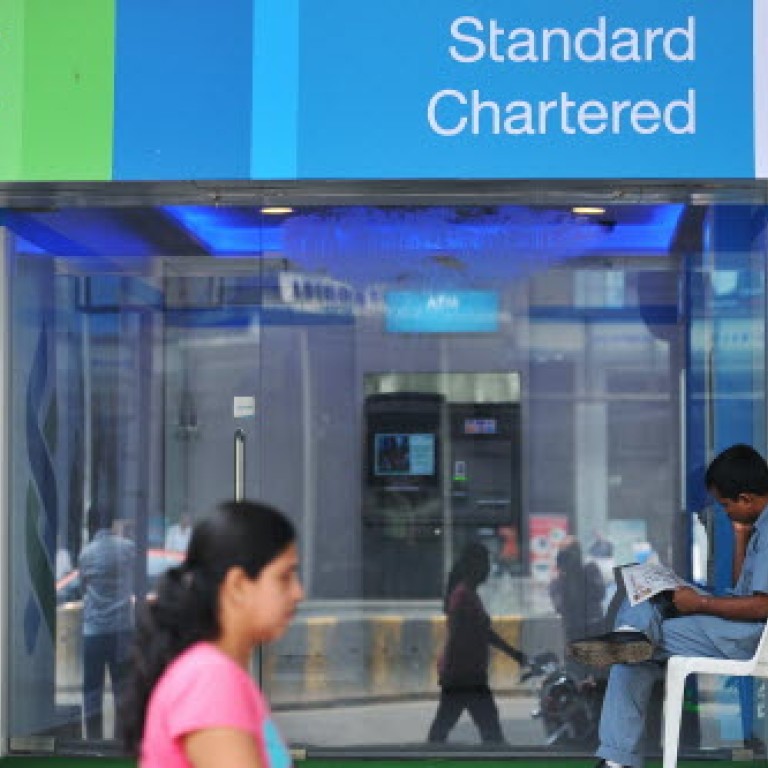
Investors should proceed with caution when it comes to emerging markets
Nicholas Spiro says the sell-off has given way to cautious optimism
The near-panic that engulfed emerging markets for most of the summer months has given way to cautious optimism. Some of the hardest hit markets are bouncing back strongly. Indonesia's stock market has risen 14 per cent over the past month, while Indian and Turkish shares are up 8 per cent.
So, was the sell-off overdone?
As always, markets tend to over-react, and this summer's sell-off was no exception. However, investors' underlying concerns about emerging markets were justified and have yet to be allayed - particularly when it comes to the markets which remain overly dependent on inflows of foreign capital.
The US Federal Reserve's plan to scale back , or "taper", its programme of quantitative easing was the trigger for a belated reassessment of risks in developing economies.
While the Fed has been reluctant to wind down its asset purchases because of the weakness of the US economy, the consensus among investors is that this is now unlikely to happen before March given political and fiscal uncertainties.
Emerging market assets are caught in a curious limbo between investor relief that quantitative easing is not about to end any time soon and growing concern that a further delay to the "taper" increases the scope for an even more disorderly exit.
That the mere hint of a withdrawal of monetary stimulus caused such a severe sell-off in emerging markets shows just how sensitive the asset class is to shifts in global risk sentiment.
The big question now is how investors should approach emerging markets given the uncertainties ahead.
Concerns about emerging markets were justified and have yet to be allayed
The watchwords are caution and differentiation. Even though most investors believe the worst of the sell-off has passed, there are those who believe the summer turmoil is a foretaste of things to come. This explains why investors have become "tactically bullish" on these markets over the past month or so, with much of the recent rally stemming from short-covering - particularly in Indonesia - as opposed to a fundamental reassessment of risk.
Investors also appear to be more discerning this time round. Countries with large current account deficits are still deemed vulnerable by markets and remain under closer scrutiny than countries with strong balance of payments positions, such as China, Russia and the Philippines.
However, there are some nuances in investors' risk perceptions. The first pertains to "policy flexibility".
The appeal of emerging markets lies in their higher growth rates compared to advanced economies. These growth rates have already slowed significantly.
Although China is still expected to grow 7.6 per cent this year, Russia and Brazil - once the most popular emerging markets - are expected to expand by only 1.5 per cent and 2.5 per cent respectively.
Investors are just as concerned about slowing growth as they are about financial stability. Countries which are perceived to be focusing on the latter at the expense of the former risk falling out of favour with investors.
This means that emerging markets have to strike a balance between addressing their macroeconomic imbalances and fostering growth. They also have to undertake longer-term structural economic reforms to ensure that their economic models and growth rates are sustainable.
What is clear is that domestic and external economic conditions have become a lot more challenging for emerging markets.

